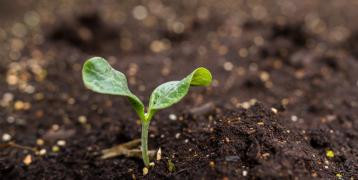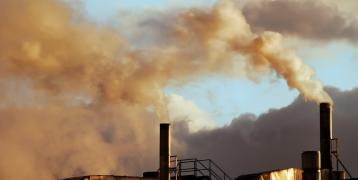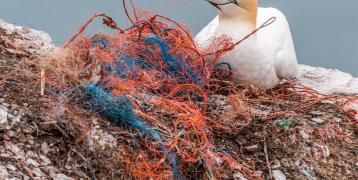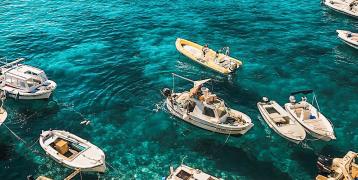Zero pollution for air, water and soil
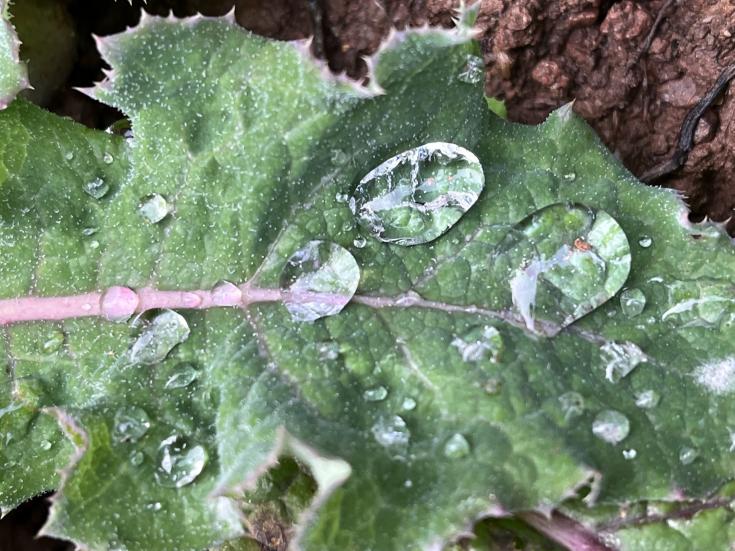
On 12 January 2023, The Interreg Europe Policy Learning Platform organised an online discussion on zero pollution for air, water and soil. The event was moderated by Astrid Severin and Magda Michalikova, thematic experts on environment and resource efficiency.
What was it about?
Pollution harms the environment, impacts biodiversity and is the most significant environmental cause of premature deaths.
The EU’s ‘Zero Pollution Action Plan for air, water and soil’ is part of the European Green Deal. The zero pollution for 2050 strategy impacts various European directives, including:
- Industrial Emissions Directive,
- Water Framework Directive and related water directives (drinking water, wastewater),
- EU soil strategy,
- Farm to Fork strategy,
- Air quality standards others.
During the online discussion, the participants shared insights on how to progress towards zero pollution by 2050. The key takeaways can be found below.
Insights and key takeaways
Reducing the impact on human health, nature and biodiversity is essential. Substances released into the environment cannot really be taken back and the interaction of various substances is still unknown
Public authorities should invest in facilities that allow companies to check the impact of their products on nature/environment.
Pollution knows no borders and cooperation is important to obtain a better understanding of the issues and develop joint solutions
Knowledge and data about pollution and emerging pollutants are prerequisites for informed decision-making, enabling fast reactions to any pollution increase and forecasting future development. To this end, relevant authorities should procure monitoring and control equipment (laboratories, monitoring boats, etc.)
The digitalisation of comparable data will play a significant role in facilitating the cooperation of regions and member states on zero pollution and supports priority setting and tailored prevention and remediation activities
First remediation technologies exist i.e. nanotechnologies and can be deployed
Regulation is currently not always adequate and regions need to network and better inform policy-making at the European level
The project results presented show good transferability potential and can be taken up by other regions facing similar pollution issues
Awareness and knowledge about pollution issues and potential solutions need to reach policymakers and the general public.
There are not enough experts on pollution at the local level and capacity-building measures are necessary at all policy levels to ensure the implementation of the Zero Pollution Action Plan and reach targets by 2030

